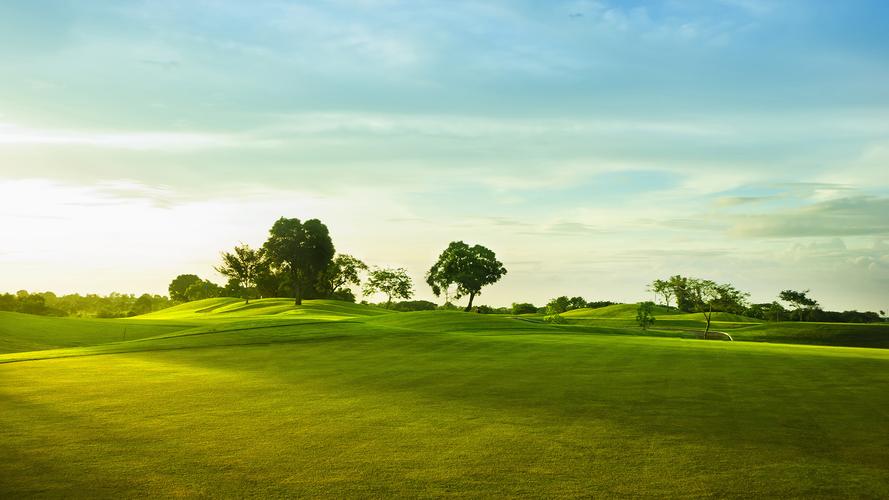Cultural adaptation is a crucial aspect of human evolution that has allowed us to thrive in diverse environments. Through cultural learning, humans have been able to develop new skills such as language, toolmaking, and social norms that have strengthened our survival prospects. Moreover, cultural adaptation has influenced evolutionary biology by shaping our physical traits, psychological tendencies, and genetic makeup.
One way in which cultural adaptation has influenced human biology is through diet and nutrition. Humans have adapted to different diets depending on their cultural practices and geographic location. For instance, populations in arctic regions have adapted to a high-fat, high-protein diet to withstand the cold temperatures, while communities in tropical regions have adapted to a diet rich in fruits and vegetables to combat the heat. These dietary adaptations have influenced the evolution of our digestive systems, such as the development of lactase persistence in populations that have domesticated cattle.
Cultural adaptation has also influenced human physiological responses to the environment. For example, exposure to high altitudes can lead to a decrease in oxygen availability, but some populations like the Sherpas who live at high altitudes have adapted to this environment by developing larger lung volumes and greater efficiency in oxygen transport. Similarly, cultural practices such as prolonged sitting or standing can alter our posture and musculoskeletal architecture. Prolonged sitting has been linked to a higher risk of biomechanical disorders such as lower back pain, while certain cultural practices like yoga and tai chi are aimed at improving posture and reducing pain.
Another way in which cultural adaptation has influenced evolutionary biology is through social behavior. Human societies have developed complex social norms and hierarchies that have the potential to influence our reproductive success. For instance, in societies where individuals with greater wealth or status are more likely to find mates, this can lead to the selection of traits that are associated with these characteristics. Similarly, cultural practices such as arranged marriages or monogamy can influence our mating patterns and ultimately shape our genetic makeup.
Finally, cultural adaptation has influenced human cognition and psychology. Human infants are born with a capacity for cultural learning, which allows them to acquire new skills and knowledge through observation and imitation. This has led to the development of complex language systems and sophisticated cognitive abilities such as problem-solving, decision-making, and abstract reasoning. However, cultural learning can also lead to the transmission of maladaptive behaviors and beliefs, such as superstitions or harmful cultural practices like female genital mutilation.
In conclusion, cultural adaptation has played a significant role in human evolution and has influenced our physical, psychological, and social characteristics. Through cultural learning, humans have adapted to various environmental challenges and developed new skills and knowledge that have been passed down through generations. However, cultural adaptation can also have unintended consequences, such as the transmission of maladaptive behaviors or the perpetuation of harmful cultural practices. Understanding the role of cultural adaptation in human evolution can provide insights into the complex interplay between nature and nurture in shaping our biology and behavior.
(Note: Do you have knowledge or insights to share? Unlock new opportunities and expand your reach by joining our authors team. Click Registration to join us and share your expertise with our readers.)
Speech tips:
Please note that any statements involving politics will not be approved.
